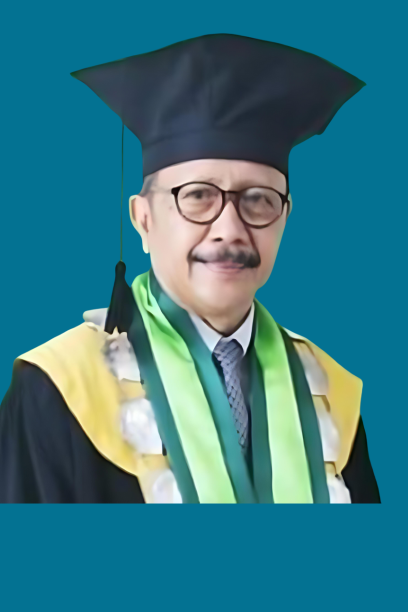TBI IAIN Kudus Socializes the Vision of English Education Study Program While Holds an International Conference on Applying Spirituality Values within English Language Teaching Practices
Â
As a part of the 2nd International Conference on English Teaching and Learning Issues (ICETLI) 2022, English Education Department (TBI) IAIN Kudus has organized a hybrid webinar with the theme of Revealing Spirituality in English Language Teaching. This webinar was held on September 21-22, and it was attended by more than 150 participants from the conference speakers, undergraduate and graduate students, and general participants from IAIN Kudus and other institutions.
This webinar is an introductory session in ICETLI 2022 that represents the conference theme focusing on spirituality values within English language teaching practices. This theme is in line with the priority program of the Indonesian Ministry of Religious Affairs (Kemenag) which was initiated to bring religious moderation to all levels of education under their supervision.
The webinar also stressed the importance of implementing spirituality in English teaching practices by pointing out the papers that would be presented by all presenters at the conference. Thus, English as a Foreign Language (EFL) teachers could refer to the practices and experiences done by other EFL teachers.
During the event, the Dean of Education Faculty, Dr. M. Nur Ghufron highlighted the importance of the event in supporting the government's program of promoting Religious Moderation and the institution's vision of developing Applied Islam. He added that this event can be used as an example of applying Islamic values in all disciplines, like English education.
Two expert speakers, Assoc. Prof. Ahmar Mahboob, PhD. and Dr. Mary Wong, were invited to deliver presentations in terms of implementing spiritual values and its concept in EFL teaching practices. Both edited a book entitled Spirituality and English Language Teaching, published by Multilingual Matters. This book discusses several concepts and practical implementation of inculcating spiritual beliefs and experiences for meaningful education in EFL teaching and learning practices.
Ahmar, as the Degree Coordinator for the Master of Cross-cultural and Applied Linguistics at the University of Sydney, Australia, explained that language is a semiotic system that contains symbols and code to be interpreted by certain social groups. This symbol may represent the spiritual beliefs of the community that can be related to their spiritual experiences. Hence, the interpretation of symbol representation in EFL teaching and learning can be potentially used to promote spiritual values.
Subsequently, Mary, as the Director of Field-based TESOL Programs at Azusa Pacific University, the United States of America, also delivered a topic entitled Exploring the Dangers and Delights of Teacher Spiritual Identity as Pedagogy. She believes that one cannot teach people language without teaching the spiritual, as humans are spiritual beings. She added that spirituality is similar to language because it has the potential to connect people through the notion of identity.
Currently, the implementation of religious or spiritual values within the English language teaching and learning practices has not been widely explored yet in Indonesia. Many EFL teachers did not recognize that English subjects could potentially be employed as a source and tool for transmitting those values. It will merely depend on the EFL teachers who have a role as learning facilitators in the classroom to begin adapting those values within their teaching practices.
Finally, the head of the English Education Study Program of IAIN Kudus, Taranindya Zulhi Amalia, M.Pd., acknowledged, however, that only a few EFL teachers in Indonesia were implementing religious values in their English teaching practices. Thus, the English Education Study Program is committed to initiating this teaching approach to be introduced to the EFL students at IAIN Kudus. This is in line with the vision of English Education Study Program: Providing skillful English teachers equipped with Islamic values. Consequently, the English lecturers should be pioneers for promoting this teaching practice to encourage their students, the EFL pre-service teachers or EFL teacher's candidates, to think of this issue as their teaching strategy in the future, she said, underlining that EFL teachers, especially under Kemenag supervision, should begin to implement the teaching approach in EFL classroom.
 Indonesia
Indonesia  English
English  Arabic
Arabic 































